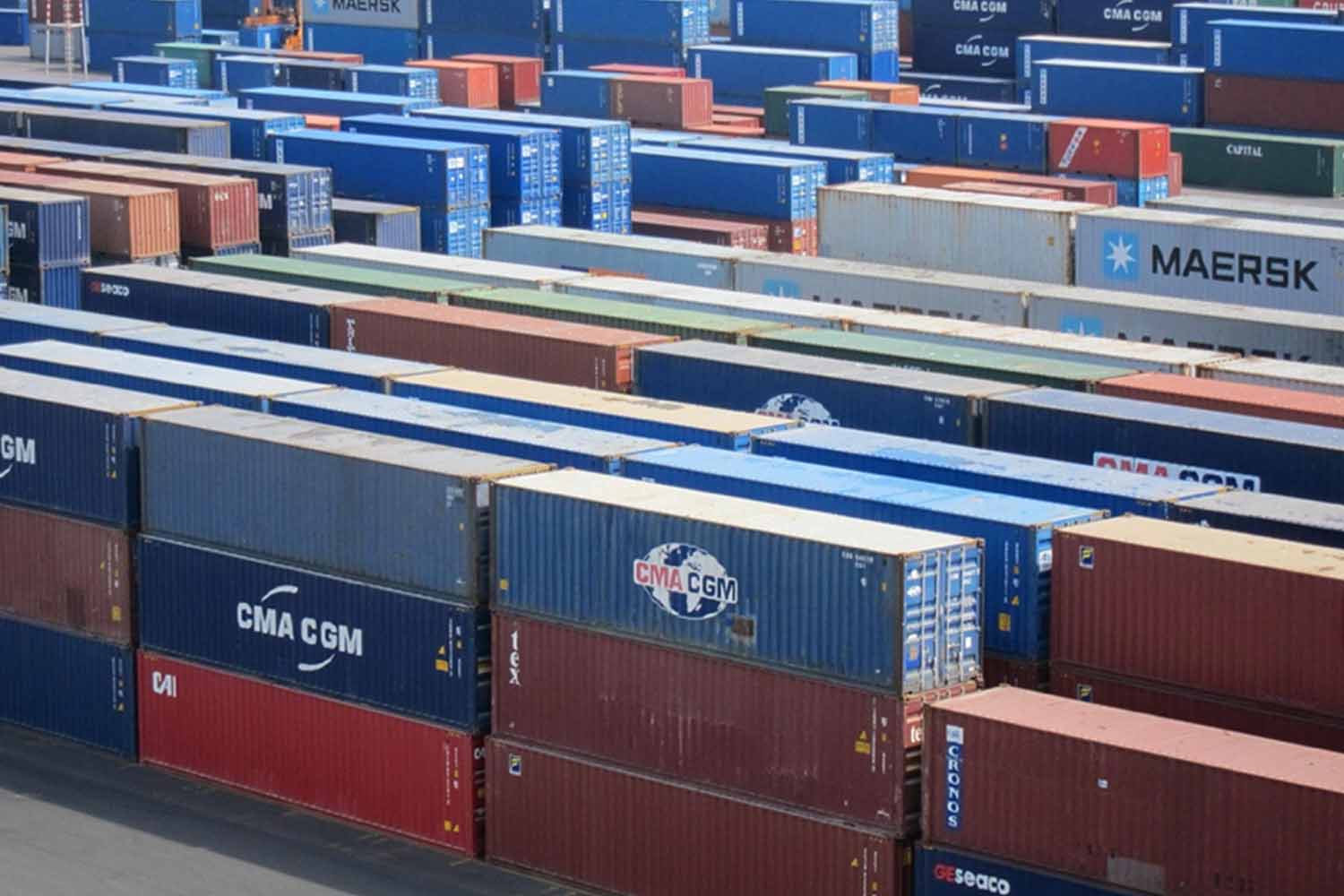Spain has room to increase its exports to large markets such as the United States and China MADRID, Oct. 14 (EUROPA PRESS) – Companies that export goods and services are “better” than non-exporters in variables such as sales, employment, productivity, salaries and innovation, according to a report by the Foundation for Applied Economics Studies (Fedea) published this Monday. The study, prepared by Asier Minondo, from the Deusto Business School, indicates that the quality of business management is the key factor that explains the differences between exporting and non-exporting companies. In this sense, the author affirms that the introduction of more advanced management practices and the improvement in the quality of managers have contributed “significantly” to the good performance of Spanish exports during the last three decades. Fedea emphasizes that during the last 30 years, Spain has almost doubled its integration into the global economy through exports. Thus, although it is still far from Germany's export opening rate, it already exceeds that of countries like France or Italy. During this period, Spain has maintained its share in the global market for goods and in business services. For Fedea, this should be considered “a success” if one takes into account that China, which had a discrete weight in international trade three decades ago, has significantly increased its participation in world markets, “becoming the global leader.” in the export of goods and one of the largest exporters of services.”
FACTORS FOR THE SUCCESS OF SPANISH EXPORTS OF GOODS
In this study, the author analyzes the specific success factors for Spanish exports of goods. According to Fedea, the creation of new export companies, the diversification of companies that already exported to new markets and products, as well as the intensification of relationships that already existed, have favored the growth of Spanish exports. As another key to success, the author highlights the increased commitment of Spanish companies to foreign markets. “In the past, Spanish companies were characterized by turning to international markets only when domestic demand went into recession. However, since the 2009 financial crisis there has been a notable increase in companies competing in international markets on a regular basis, indicating that presence in foreign markets has become a central element of the strategy of many. Spanish companies”, maintains the study. Likewise, Fedea indicates that the increase in Spain's participation in global value chains, “a distinctive element of the hyperglobalization process that occurred between 1990 and 2008 in the world economy,” has been another of the factors that may have favored the export growth. In relation to the competitive strategy, Fedea points out that the Spanish companies that export the most do so following a cost strategy. Likewise, it points out that the differences in the value of exports between companies have more to do with correctly choosing the market and product in which a company is most attractive than with the number of markets and products to which a company exports.
THERE IS MARGIN FOR SPAIN TO INCREASE EXPORTS TO CHINA AND THE US
Fedea states in this report that specialization by goods is adequate for Spain to take advantage of the opportunities of the green transition, but warns that it does not have adequate specialization to exploit the opportunities opened by the digital transition. In relation to specialization by country, Spain has room to increase its exports to large markets such as the United States and China, according to the study. Regarding service exports, Fedea highlights the great increase experienced in the export of business services and services linked to computing and telecommunications. This has allowed, in 2023, exports of non-tourist services to be higher than exports of tourist services, says Fedea. “This greater weight of business services and computer and telecommunications services is a very positive fact for the Spanish economy, since these activities are knowledge-intensive, generate qualified employment and contribute to increasing the productivity of other companies,” supports the study.
CHALLENGES AND OPPORTUNITIES
In this report, Fedea warns of the challenges, but also the opportunities, that Spanish exports face in the near future. Although geopolitical tensions point, in his opinion, towards a less favorable scenario for exports to continue growing in the future, Fedea believes that Spain's specialization in European markets can be a positive element “if trade retreats towards countries politically related.” “The automobile sector, which has a great weight in Spanish exports, is affected by both the green transition and the digital transition. Making a transition from the export of internal combustion passenger cars to passenger cars powered by electric motors will be key for Spain to maintain its good export performance in this sector,” he points out. On the other hand, Spain's specialization in agri-food and pharmaceutical products “is a positive element in scenarios of less foreign dependence,” Fedea emphasizes. Finally, Fedea warns that the strong specialization of service exports in the tourism sector “is an element of risk in the face of the growing tensions that are being experienced due to the negative externalities of this activity.” “In the face of these challenges, some of the keys that explain Spain's good export performance over the last three decades allow us to be moderately optimistic about the future of Spanish exports,” maintains the author of the report. Thus, it underlines that the growing weight of exports of knowledge-intensive services, the greater commitment of companies to international markets, the improvement in the quality of business management, and the ability that companies have shown to compete in very diverse “are elements that should contribute to Spain's export performance continuing to be positive in the future.”

